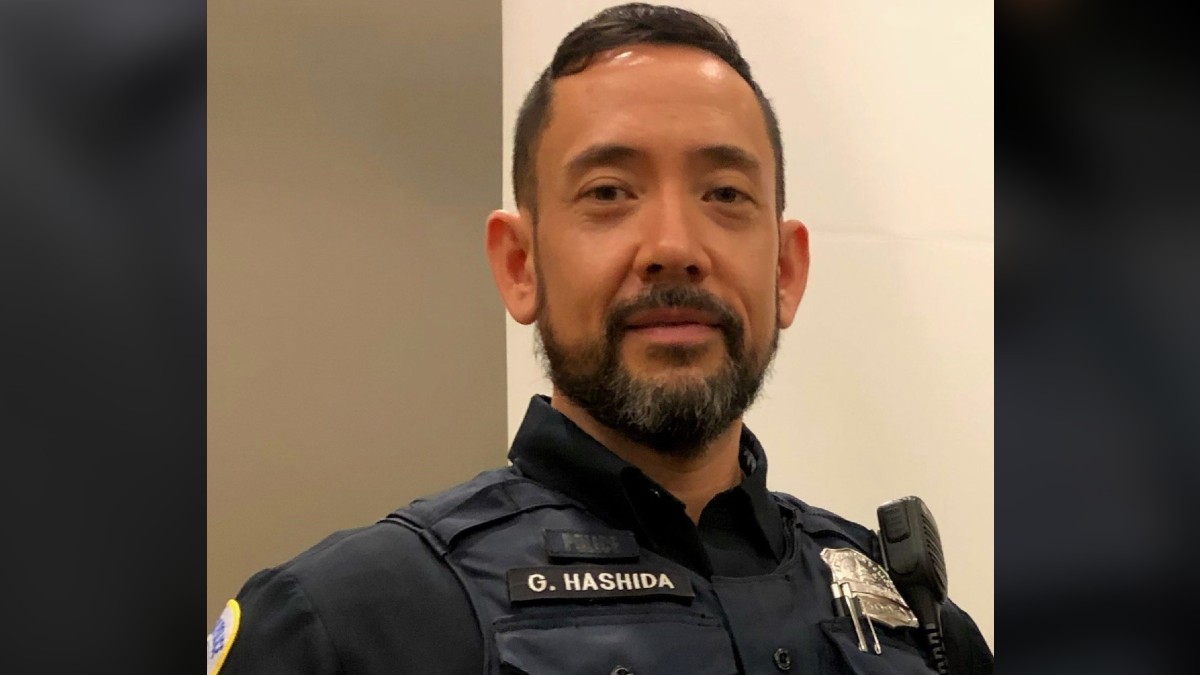Following back-to-back tragedies within the D.C.-area law enforcement community, two programs are helping police departments break through the stigma surrounding police and mental health crises.
On Monday, it was announced that two D.C. officers who defended the U.S. Capitol on Jan. 6, Kyle DeFreyTag and Gunther Hashida, had committed suicide in recent weeks.
House Speaker Nancy Pelosi called them “heroes” for their role during the insurrection. The men became the third and fourth officers who served that day to take their own lives.
We're making it easier for you to find stories that matter with our new newsletter — The 4Front. Sign up here and get news that is important for you to your inbox.
Police suicides are not considered line-of-duty deaths, and there are no official funerals. Surviving family members are generally denied death benefits.
A new non-profit organization called Survivors of Blue Suicide aims to change the perception of that tragedy.
“For the most part, most of these should be honored publicly with respect and with dignity for all that they gave while they were here,” Executive Director Shelley Jones, who is a retired officer, said.
Tuesday, Pentagon Force Protection Agency Officer George Gonzalez was killed in a violent attack outside the Pentagon. Most of his fellow officers did not even have time to stop and process the sudden, horrifying loss.
Chuck Hart and Mike McDermott, who work with a 24-hour crisis team at the National Law Enforcement & First Responder Wellness Center in Maryland, said that’s what can cause trauma.
“We want to preserve that person behind the badge. There’s an individual behind the badge. And that person has feelings and emotions and life issues like anybody else. It’s just the demands on law enforcement right now, the expectations, are extremely high.”
“All the people that work in our first responder program are first responders themselves,” Ken Beyer, the center’s CEO and a retired firefighter, said.
A federal law passed just last summer requires the FBI to compile statistics on police officer suicides and attempted suicides.
If you or someone you know is at risk of suicide please call the U.S. National Suicide Prevention Lifeline at 800-273-8255, text TALK to 741741 or go to SpeakingOfSuicide.com/resources for additional resources.



